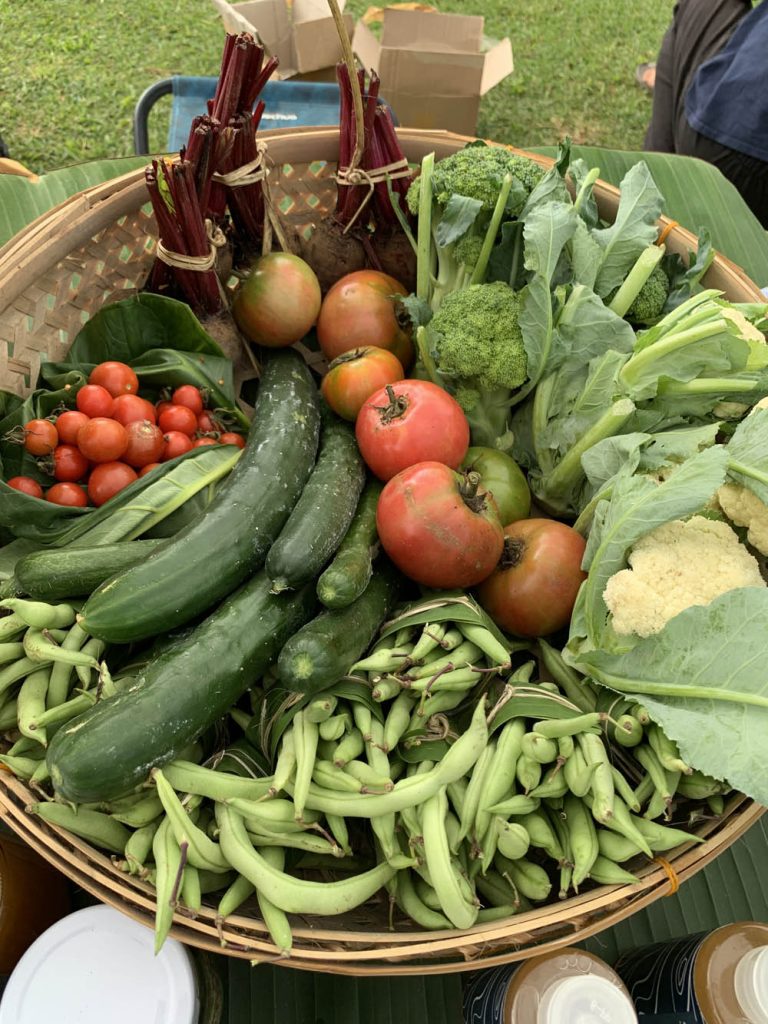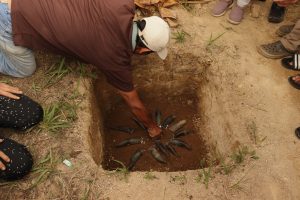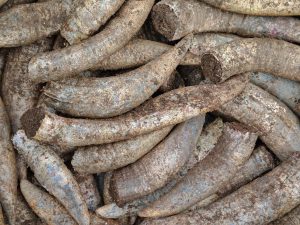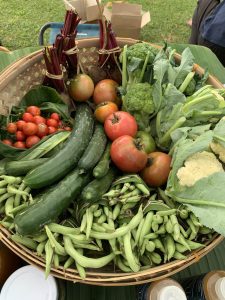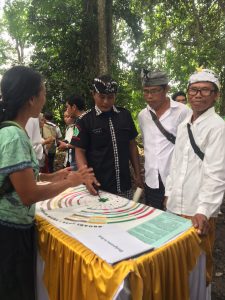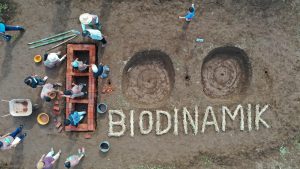Biodynamic farming is a holistic approach to agriculture that integrates principles of ecology, sustainability, and spirituality. Developed by Rudolf Steiner in the early 20th century, this method views the farm as an integrated ecosystem where soil, plants, animals, and humans work together harmoniously.
This approach involves the use of biodynamic preparations made from natural materials such as minerals, medicinal plants, and animal manure processed using specific methods. These preparations are used to enhance soil fertility and plant health, as well as to create nutrient-rich compost.
Biodynamic farming also employs a special calendar based on lunar and planetary cycles to determine the optimal times for planting, harvesting, and other farm activities. This calendar is designed to enhance balance and harmony within the agricultural ecosystem.
By adopting biodynamic practices, farmers can produce high-quality food while maintaining the balance of ecosystems and the environment. Biodynamic farming offers sustainable solutions that support the health of the earth and the well-being of future generations.
Overall, biodynamic farming is a comprehensive and regenerative agricultural approach that is gaining popularity worldwide. This method helps farmers manage their land in a more sustainable and environmentally friendly way while producing healthy and nutritious food.

